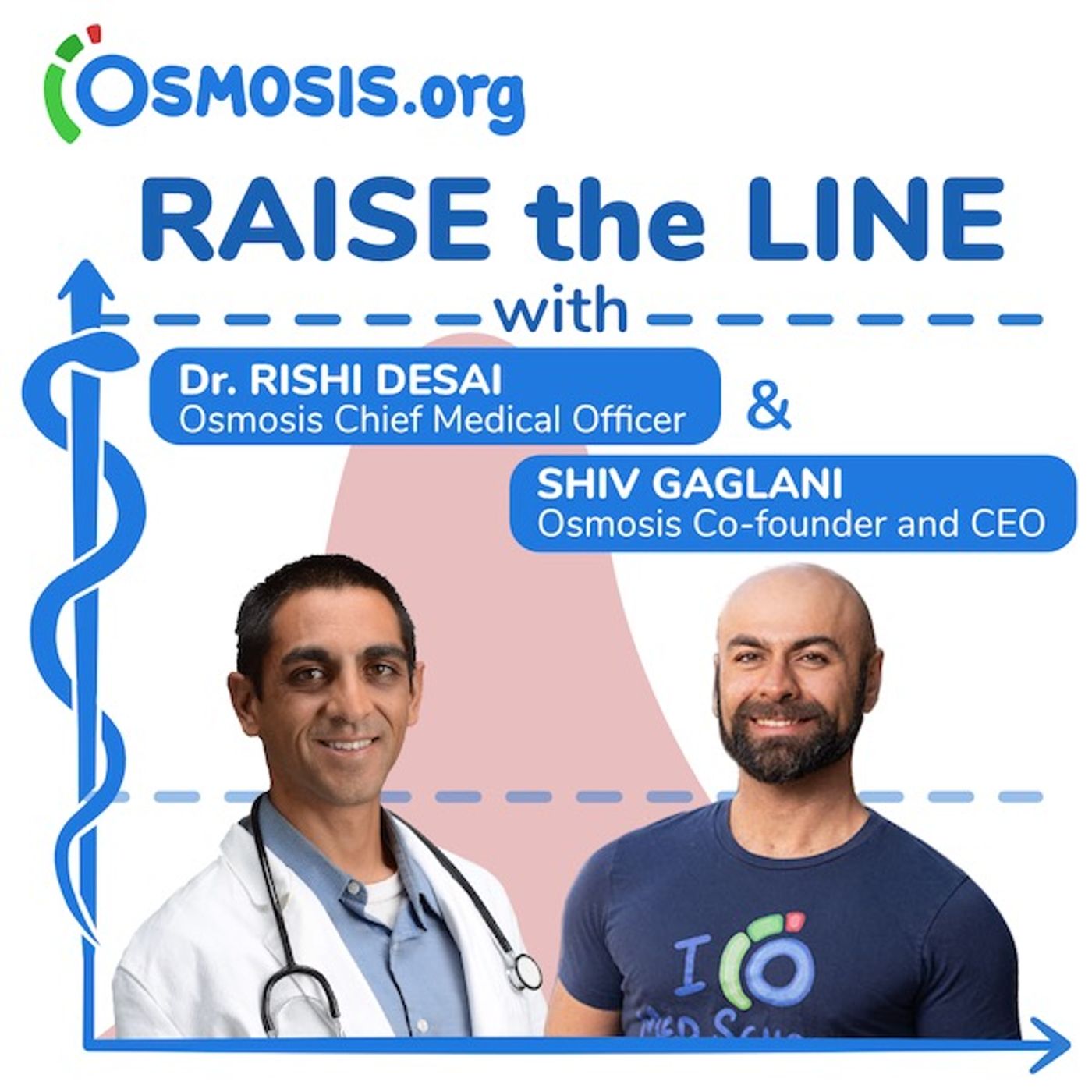Public-Private Partnerships Are Key to Improving Health Equity - Dr. Aditi Mallick, Chief Medical Officer for Medicaid & CHIP at CMS
- Author
- Dr. Aditi Mallick, Dr. Rishi Desai
- Published
- Thu 14 Apr 2022
- Episode Link
- https://www.osmosis.org/raisethelinepodcast
“The biggest things I’ve learned about improving health equity are the importance of data and relationships,” says Dr. Aditi Mallick, who, in her role at the Centers for Medicare and Medicaid Services counts that goal as a top priority. That knowledge was largely gained last year while she was director of North Carolina’s COVID-19 Response Command Center. Data on testing and vaccination rates by race and ethnicity allowed Mallick and her team to pinpoint where outreach efforts should be targeted. Then it was a matter of communicating effectively with community organizations to drive turnout to free clinics. Those public-private partnerships are also vital to achieving progress on other priorities Dr. Mallick has related to advancing whole-person health. As she tells host Dr. Rishi Desai, when clinics are closely connected with community social service agencies, a “closed-referral loop” can develop so all stakeholders know that patient needs are being addressed. “The more we can do to encourage that model will serve us well in meeting health-related social needs.” Check out this informative conversation to learn how the nation’s largest insurance programs work and interconnect, why Dr. Mallick identifies with a “doctor plus” approach to her work, and what can help physicians get through the inevitable hard days in their profession.
Mentioned in this episode: Link to Request for Information on Medicaid Access
https://cmsmedicaidaccessrfi.gov1.qualtrics.com/jfe/form/SV_6EYj9eLS9b74Npk
If you like this podcast, please share it on your social channels. You can also subscribe to the series and check out all of our episodes at www.osmosis.org/raisethelinepodcast
